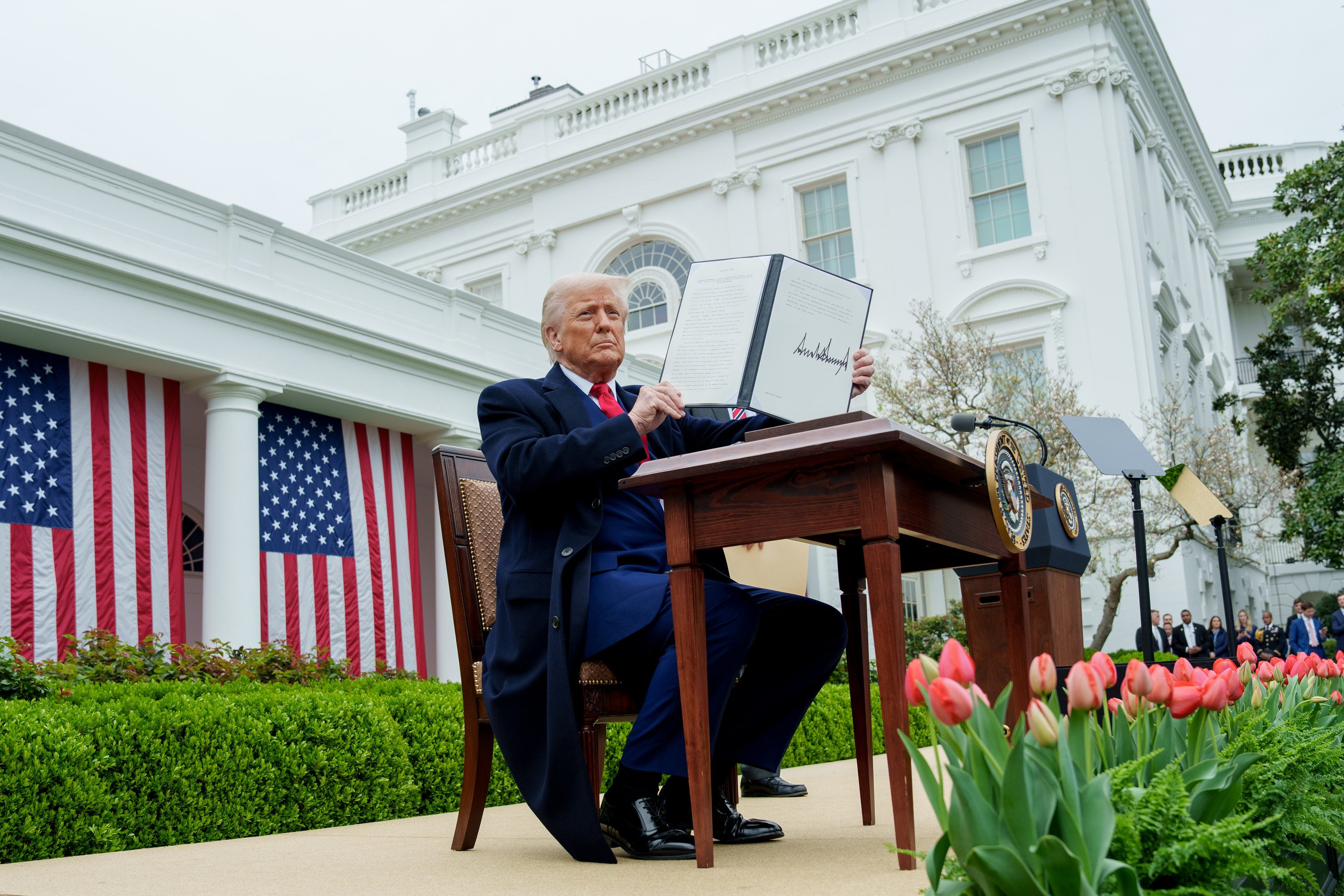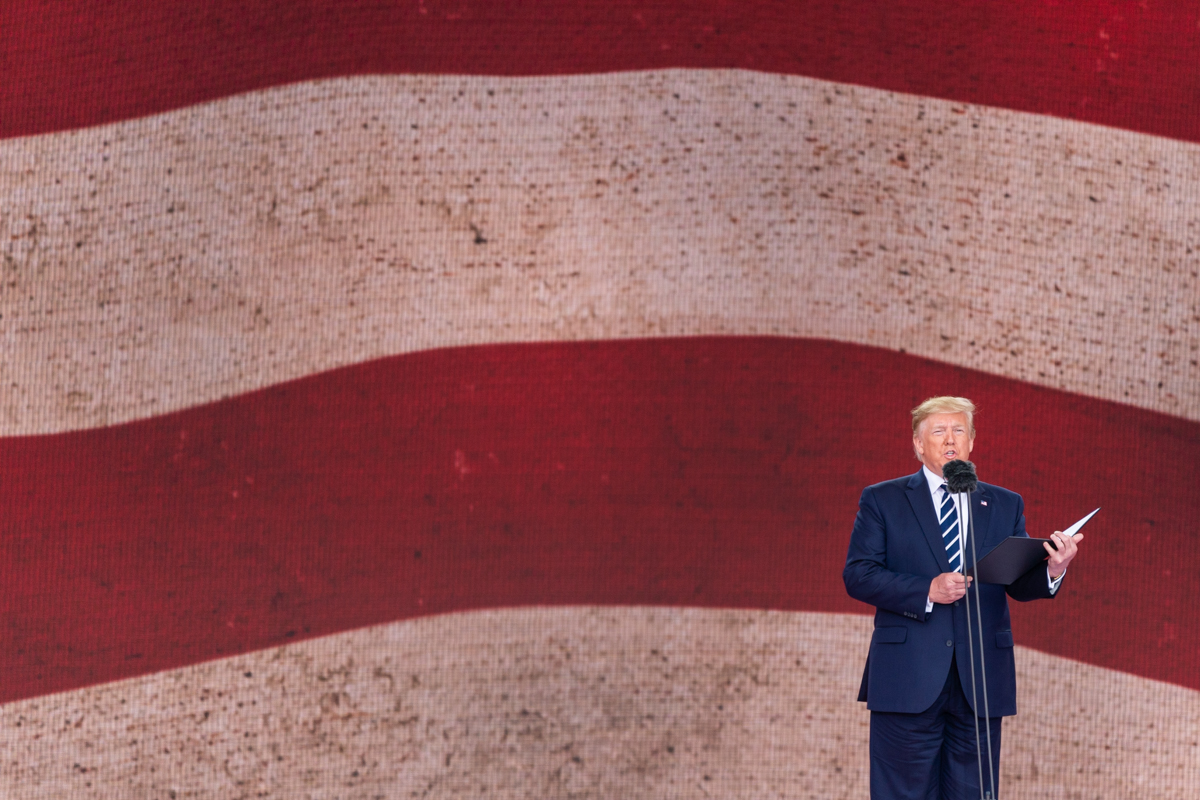Destroying the Presumption of Regularity
In the normal course of events, the announcement by DHS that it would ban large electronic devices from direct flights originating at ten airports in the Middle East would excite a great deal of comment. Technologists would speculate as to the nature of the potential new bomb threat. Intelligence-types would be curious as to the provenance of the intelligence -- was it SIGINT or HUMINT?
Published by The Lawfare Institute
in Cooperation With

In the normal course of events, the announcement by DHS that it would ban large electronic devices from direct flights originating at ten airports in the Middle East would excite a great deal of comment. Technologists would speculate as to the nature of the potential new bomb threat. Intelligence-types would be curious as to the provenance of the intelligence -- was it SIGINT or HUMINT? Law and policy folk would ask about the legal underpinnings and debate the policy's scope and wisdom. But, in the normal course, nobody (I submit) would doubt the underlying bona fides of those who had adopted the policy. We might think they were unwise, mistaken, or foolish -- but nobody (save a few on the fringes) would have thought it was a sham. If this policy had been announced by President Obama, or Bush, or Clinton the salience of speculation as to a sham would be literally zero. We would allow our professionals at TSA and DHS the presumption of regularity in their work.
Not so with President Trump. My GWU colleague Henry Farrell and his co-author Abraham Newman have speculated, in the Washington Post, that the real reason for the device ban was in retaliation for unfair subsidies provided to the Gulf airlines by their governments. As they write:
It may not be about security. Three of the airlines that have been targeted for these measures — Emirates, Etihad Airways and Qatar Airways — have long been accused by their U.S. competitors of receiving massive effective subsidies from their governments. These airlines have been quietly worried for months that President Trump was going to retaliate. This may be the retaliation.
To be clear, the authors have no evidence to support their speculation. And, to be equally clear, in the absence of evidence, I think the speculation is ill-founded. But I also confess to having much the same thoughts myself. And the mere fact that I did, and that serious observers like Farrell can entertain these thoughts, is a true measure of the damage that President Trump has done to public diplomacy. When the President is obsessed with the idea that his predecessor ordered that he be wiretapped, despite all the evidence to the contrary, we begin to doubt the veracity of even his most important pronouncements. And that can't be a good thing.



.jpg?sfvrsn=1fbaf48_5)

